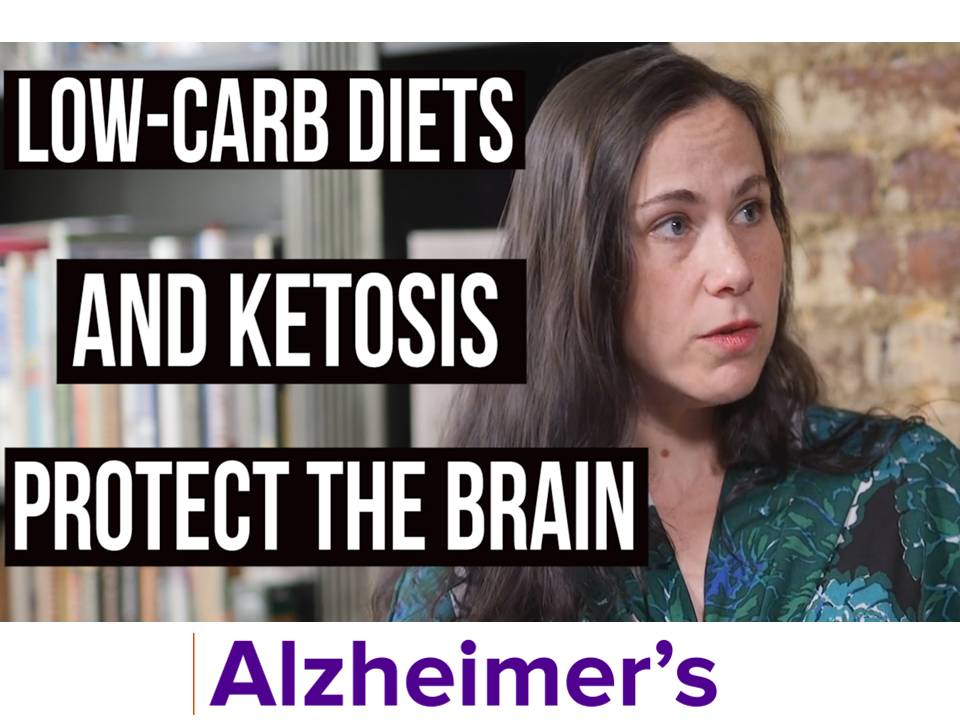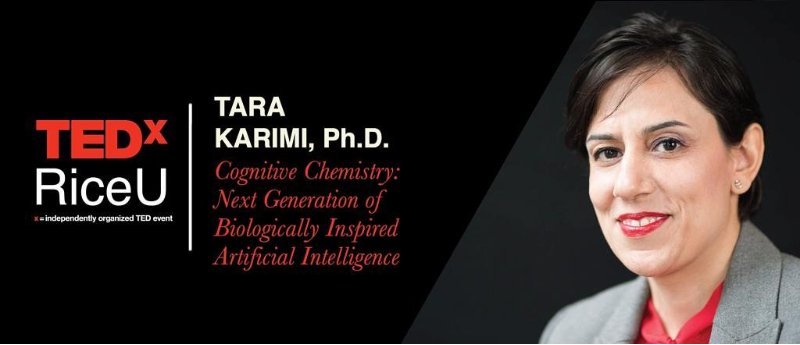Amy Berger, MS, CNS discusses her discusses her comprehensive ‘low-carb’ nutrition and lifestyle strategy to fight Alzheimer’s disease, memory loss and cognitive decline.
02:16 The Alzheimer’s Brain: In a significant variant of Alzheimer’s, neurons in a certain region in the brain lose the ability to use glucose efficiently as a fuel.
03:54 Brain Fuel Metabolic Disorder: There may be a problem getting glucose into the brain or glucose in the brain into the cells to be used properly.
05:04 Type 3 Diabetes: Alzheimer’s has similarities to type 2 diabetes. There is still debate about what causes type 2 diabetes.
06:21 Diabetes and Alzheimer’s:
07:35 Early Detection: Even people in their 30s and 40s can show a decline in cerebral glucose uptake.
09:31 Ketogenic Diet to Restore Cellular Energy:
14:10 Beta Amyloid and Alzheimer’s:
16:24 Insulin Degrading Enzyme: It is an enzyme that gets rid of insulin once it has been used. It also gets rid of amyloid proteins. The Alzheimer’s brain does not appear to produce more of these amyloid proteins.
20:57 Sleep Dysregulation: People with Alzheimer’s disease tend to have sleep issues and altered circadian rhythms.
23:48 Brain’s Need for Glucose: The brain’s requirement for glucose does not imply a need for dietary carbohydrate. We can make glucose from other things.
31:25 Exogenous Ketones: With the cellular energy crisis in the brain, neurons atrophy. Axons atrophy and recede back into the neuron, breaking down cellular communication. The cells are not dead. We know this because when people receive exogenous ketones improve cognition. If you are doing a ketogenic-type diet for general health and fitness, exogenous ketones are not necessary. For neurodegeneration, exogenous ketones can be powerful. It is a short term symptom fix, unless coupled with a ketogenic or low carb diet. The ketogenic diet, which promotes your body to produce its own ketones, and other lifestyle interventions can, to some degree, reverse the damage. High glucose and high ketones in the body at the same time is type 1 diabetic ketoacidosis.
41:36 Lifestyle Changes:
47:40 ApoE4 Gene:
50:29 Statin Contribution to Alzheimer’s:
55:08 Amy’s Morning Routine:
56:58 Amy’s Favorite Exercise:
01:00:01 Amy’s Favorite Nutrient:




